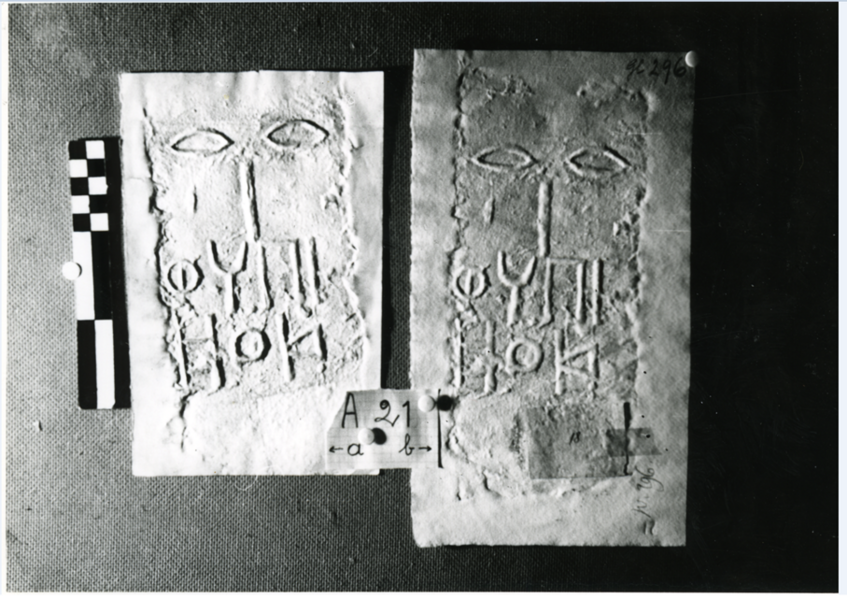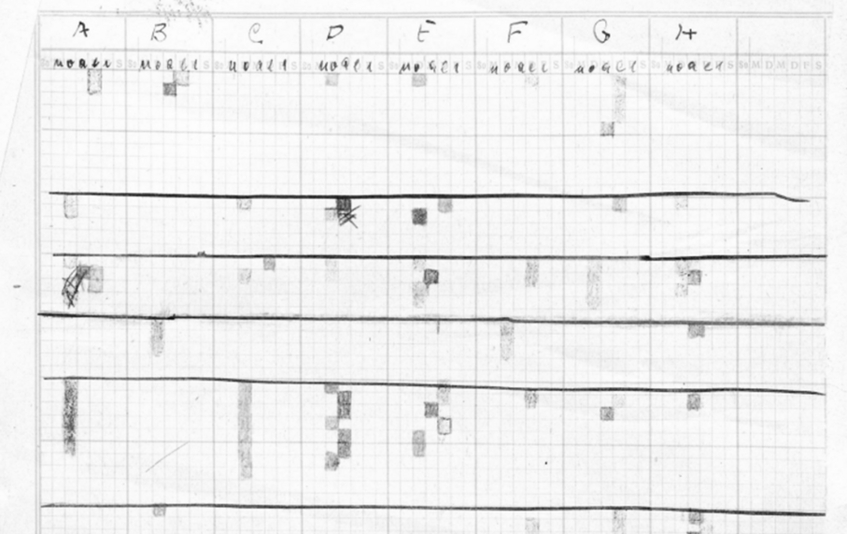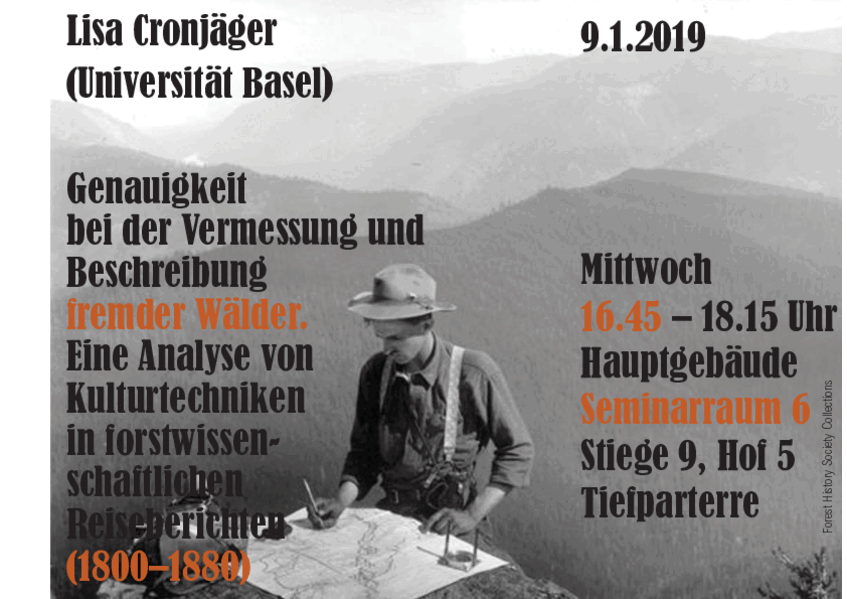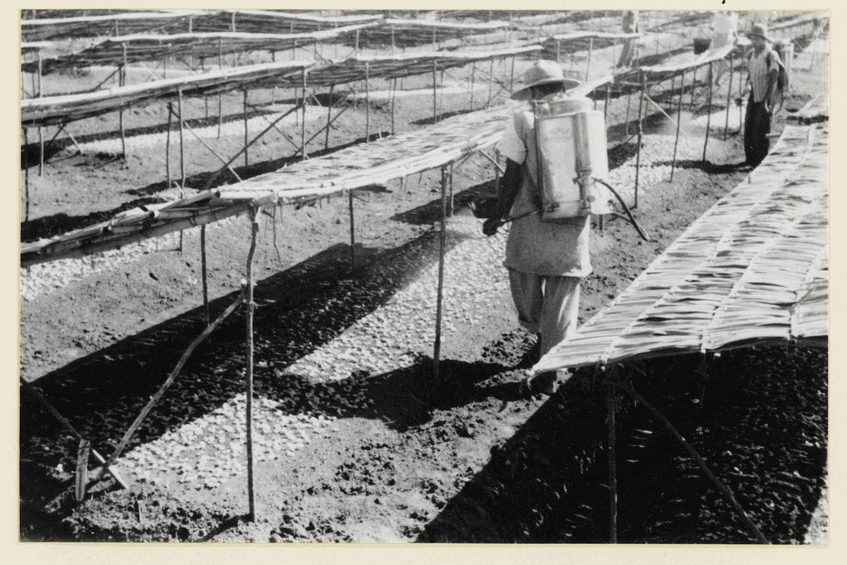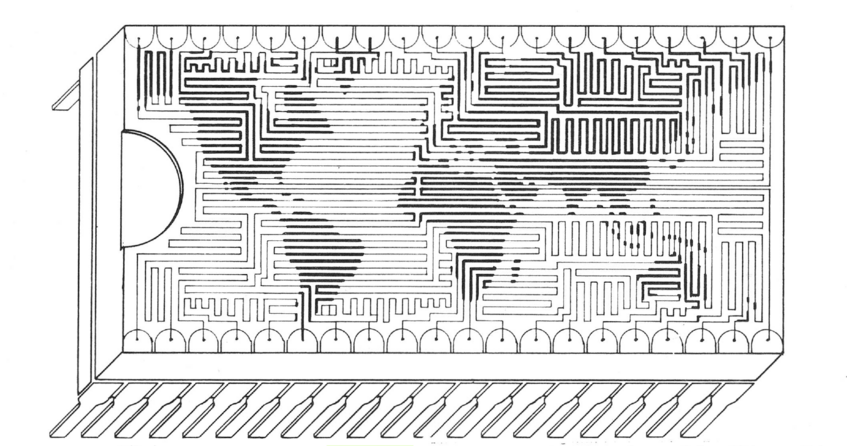People
The history of science is open to transdisciplinary discussion. For this reason, our members come from different fields of study. Members, ongoing PhD projects, and some institutions in our networks are listed below.
Members
Ongoing PHD Projects
Institutions
- Eastern European Epistemologies at Faculty Center for Transdisciplinary Historical and Cultural Studies, University of Vienna
- History of Science at the Department of Historical Studies, Central European University, Vienna
- History of Medicine at the Josephinum, Medical Univesity of Vienna
- Medical Anthropology and Global Health, University of Vienna
- Medical Humanities, University of Vienna
- Contemporary History as the History of Knowledge and Science, University of Vienna
- Forum Zeitgeschichte, University of Vienna
- Philosophy of Media and Technology, University of Vienna
- Institut Wiener Kreis
- Wiener Kreis Gesellschaft
- Internatonales Forschungszentrum Kulturwissenschaften, IFK Vienna
- Institut für Wissenschaft und Kunst (IWK) Wien, Schwerpunkt Frauen und Wissenschaft
- Forschungsschwerpunkt NS-Provenienzforschung der Universitätsbibliothek Wien
- Austrian Academy of Sciences, Vienna

